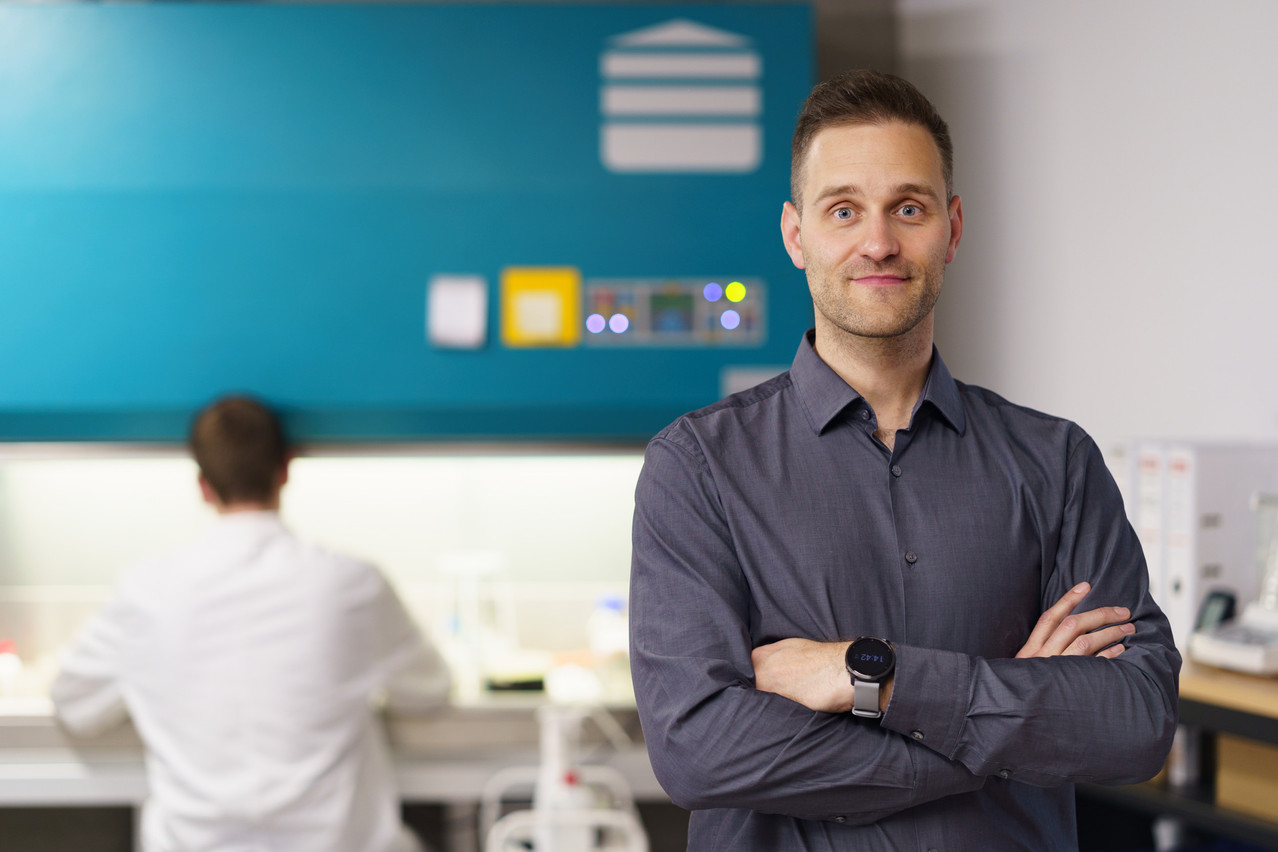For Martin Schoonbroodt, chief commercial officer and cofounder of Probiotic Group, the problem is clear: too many soaps and cleaning products on the market are antiseptics.
Antiseptics, he explains, are like antibiotics in that over time they increase the multiresistance of bacteria. “If you overconsume antibiotics it’s like an atomic bomb in your organism,” he says, not mincing his message.
His response, and the mission of Probiotic Group, is “to bring the good bacteria back”.
Science-based
To that end, the company makes hand soap, surface cleaners, shampoos for people and pets, bioremediation substances (for depolluting water), as well as some cosmetics. The idea is that, by using these products, people can better balance the microbiomes in their bodies and built environments. In other words, they can clean without killing off the “good” bacteria.
Why does that matter? cites a UK study whose authors estimate that resistance to antibiotics will, by 2050, overtake cancer as the leading cause of death worldwide. Better-balanced microbiomes would help to stop or slow this fate.
Probiotic Group’s products are also free of ethanol, chlorine, peroxide and bleach, chemicals typically used in cleaners that are destructive to the natural environment.
The company has sunk many of its resources into the research that goes into developing its products. Half of its 20 employees are scientists, and it runs its R&D activities together with the University of Luxembourg and List (the Luxembourg Institute of Science and Technology).
The first step of the development process is to identify and isolate relevant bacteria. “You can’t just take whatever bacteria,” Schoonbroodt explains. Samples are taken by swabbing surfaces and skin and analysing which bacteria naturally occur in those environments.
From there, they do sequencing, qPCR, PCR and metagenomics. “Long story short,” says the CCO, “we identify what is there down to the details. And when I say ‘details’ it’s down to the DNA of the bacteria.” The DNA can tell them if the bacteria is opportunistic, meaning it will mutate into something bad in certain situations; or pathogenic; or neither of the two.
Bacteria that pass these tests make it into the company’s biobank, or its bank of probiotic strains. They can then be purposed for a specific usage, such as for hand gel, shower gel, pet-care, etc.
Barriers and resistance
“We’ve known since the beginning that we’re disruptive,” says Schoonbroodt. “We say ‘put a lot of bacteria on your surfaces instead of removing them!’ while the lobby and the chemical cleaners are always saying, ‘Whoa, bacteria is bad for you’.”
The company does mostly B2B business, the CCO explains, and its marketing strategy is to use ambassadors like pharmacists, doctors and veterinarians as intermediaries. If one of these experts recommends the product, his reasoning goes, then users will buy it.
Still, average folks could and would be interested in the company’s products. Under its Provilan label, Probiotic Group sells hand soap and surface cleaners, while shampoo and body wash are set for release later in 2022. Everyone uses such products, but in Luxembourg you won’t find Provilan goods in Cactus or Delhaize--only in Naturata. “We will not go into retail or big distribution because our product will stand there on a shelf. Nobody will know the brand, nobody will buy it,” Schoonbroodt says. Those customers, he adds, would continue to opt for products from huge groups like Unilever, Procter and Gamble, etc.
Marketing to end-users on a massive scale is expensive, he says. Competition wouldn’t really be possible.
Interestingly, however, certain of those huge groups have made contact with Probiotic Group directly. “They own brands that we really don’t want to support. However, they have approached us because they know that the death of these products is coming sometime soon.”
These companies are looking out for new technologies, like those developed by Schoonbroodt’s researchers. “They know [new cleaning technology] needs to be eco-responsible, it needs to be living--or at least linked to a biotechnology--and also something that respects the environment, human beings and animal beings.”
Why Luxembourg?
Schoonbroodt and his father, who is the company’s CEO, founded the company in 2014 in the Netherlands but moved it to Luxembourg in 2016.
The reason for the move? In a name, Étienne Schneider. The then-economy minister announced a series of investments in Luxembourg’s research institutions with the hope of welcoming biotech companies, and the Probiotic Group cofounders noticed.
“We applied to an RDI [editor’s note: research, development and innovation] programme from the ministry of the economy,” Schoonbroodt explains, “and we got a deal where we could benefit from the infrastructure and be one of the first companies coming to Luxembourg to promote biotechnologies--here microbiology--and that’s the reason why we have a strong relationship with the ministry but also with scientific academic partners.”
